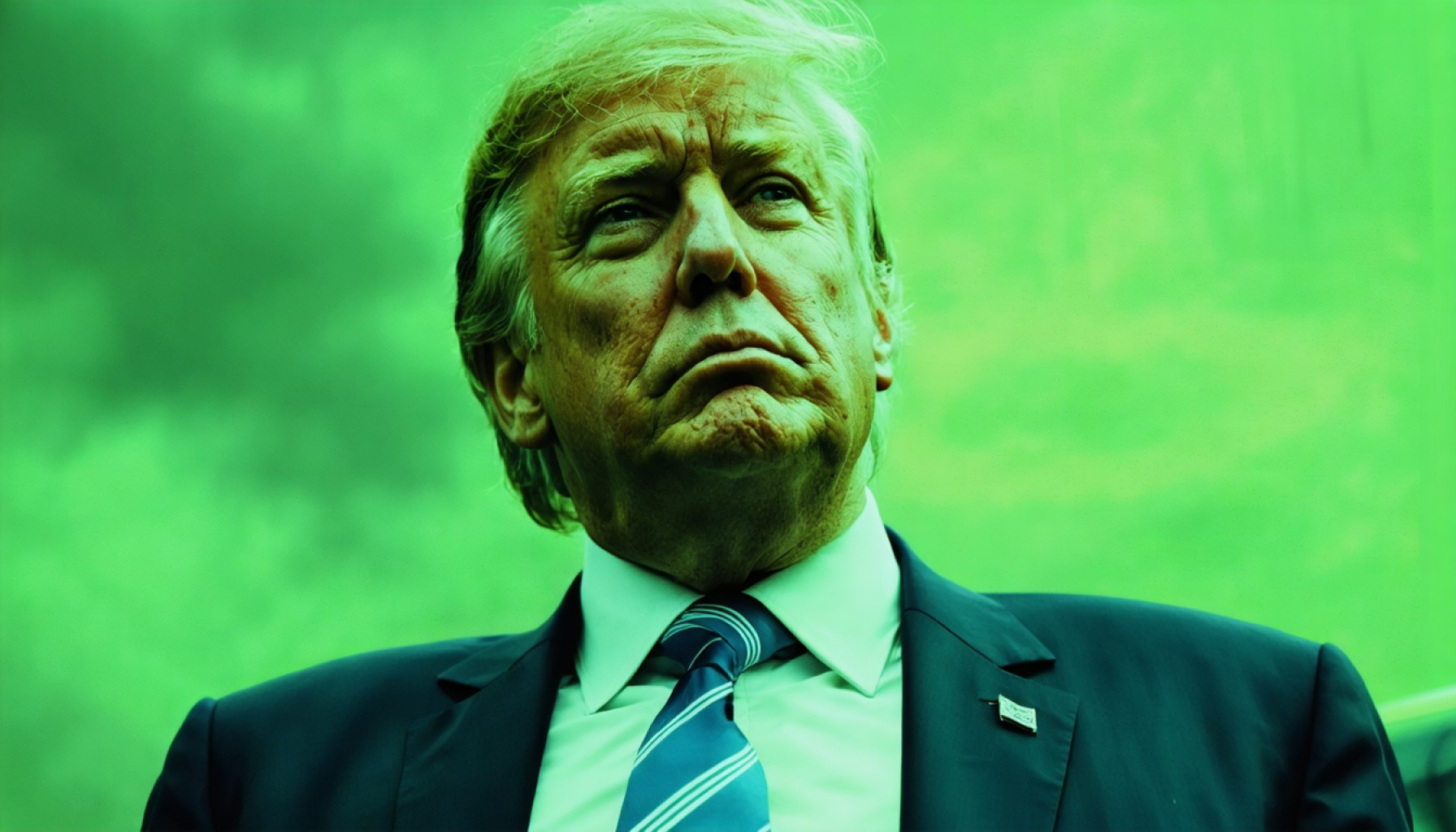- Andrew “Twiggy” Forrest and Paul Tudor Jones II are engaged in a transcontinental legal battle over a renewable energy joint venture.
- The dispute centers on allegations of broken promises after Forrest’s Fortescue Ltd. withdrew from a venture aligned with the US Inflation Reduction Act’s incentives.
- The legal proceedings highlight the intersection of business interests and political maneuvering, involving figures like former Senator Joe Manchin.
- This saga illustrates the challenges and complexities faced in the renewable energy sector, emphasizing the need for clear agreements in industry partnerships.
- The outcome may influence future collaborations addressing climate change, showcasing the balance between ambition and legal-political navigation.
Two titans of industry are clashing in an unexpected arena: a courtroom showdown over a stalled venture in renewable energy, setting a new narrative in the ongoing saga of global energy transformation. The protagonists are Australian mining magnate Andrew “Twiggy” Forrest and revered hedge fund luminary Paul Tudor Jones II, engaged in a transcontinental legal face-off over ambitions to push the envelope in the renewables sector.
At the heart of the battle lies an unfulfilled bid and allegations of broken promises. Jones’ family office accuses Forrest’s Fortescue Ltd. of abruptly severing ties from a joint venture poised to revolutionize renewable energy investments in the US. Planned with the intention of capitalizing on the booming incentives projected by the Inflation Reduction Act, the venture seemed like a golden opportunity. Yet, discord swiftly unraveled the partnership, a windfall seemingly slipping through their fingers, which Tudor Jones claims has caused significant financial damage.
Adding another layer of intrigue to the unfolding drama, Forrest must endure a seven-hour deposition—a rare and public legal gauntlet for the billionaire. The interrogation promises to delve deep, not merely into financial minutiae but potentially into the senator corridors of power, focusing on Forrest’s connections with former Senator Joe Manchin of West Virginia. Manchin, a pivotal figure in legislating the Inflation Reduction Act, finds himself indirectly linked to the saga through his interactions with Forrest, casting a political shadow on the legal proceedings.
This saga sees power courted not just through financial consortiums but by negotiations and alliances that span across continents and political institutions. As the story unravels, it subtly highlights the complex intersections between business interests and legislative maneuvering in today’s energy shift.
Yet the courtroom confrontation goes beyond this saga, symbolizing the rough terrain faced by those who chart monumental industry shifts. On one hand, it reveals the complexities and pitfalls inherent in orchestrating such shifts; on the slip side, it underscores the paramount importance of clear agreements and communications that underpin successful partnerships.
Ultimately, this narrative underlines the growing pains of transitioning toward a renewable future, juxtaposed against the backdrop of human ambition and intricate legal frameworks. Its ultimate resolution may set a pivotal example for future collaborations in addressing climate change through business innovation—where visionaries remain at the forefront of pioneering industry evolution, yet must also deftly navigate the legal and political landscapes that inevitably accompany profound transformation.
Billionaire Showdown: Legal Drama Shakes the Renewable Energy Sector
The Legal Clash: A Symptom of a Larger Industry Challenge
In the high-stakes world of global energy transformation, the unfolding legal battle between Andrew Forrest and Paul Tudor Jones II is more than just a courtroom spectacle. It highlights key issues in the renewable energy sector, such as the intricate dance between business ambitions and legislative influences.
Deeper Insights into the Case
1. Renewable Energy’s Legal Challenges: As seen with the Forrest-Jones saga, legal disputes can abruptly halt renewable projects, illustrating the need for robust, clear contracts and diligent partner assessment. This lawsuit underscores how quickly promising ventures can derail if foundational agreements are not meticulously detailed.
2. Impact of the Inflation Reduction Act: This U.S. legislation, central to the dispute, aims to accelerate renewable energy investments. By offering financial incentives, it is designed to attract large-scale investments into the sector. However, as evidenced by the breakdown in this venture, navigating these opportunities requires both legal precision and strategic alliances.
3. Complex Business-Politics Interactions: The involvement of figures like Joe Manchin in this narrative is a testament to how closely business and legislation are intertwined. Such alliances can offer competitive advantages but also create complex vulnerabilities when political affiliations come under scrutiny.
Market Forecasts & Industry Trends
– Increasing Investment in Renewables: As the world increasingly focuses on sustainable energy sources, investments in renewables are expected to grow exponentially. The International Energy Agency forecasts a nearly $131 billion investment in renewables by 2023, driven by policy support and technological advancements.
– Shifts in Financial Strategies: Financial institutions are pivoting towards sustainable investments, driven by regulatory incentives and growing public expectations for environmentally friendly practices.
How-To: Ensure Legal Stability in Energy Ventures
1. Draft Comprehensive Contracts: Cover all eventualities including exit strategies, particularly focusing on roles, responsibilities, and dispute resolution mechanisms.
2. Conduct Thorough Due Diligence: Vet all potential partners, not only for their financial health but also for their political connections and public relations background.
3. Stay Politically Informed: Maintain awareness of legislative developments and align ventures accordingly to leverage government incentives without becoming embroiled in unforeseen political controversies.
Pros & Cons Overview
Pros:
– Financial Opportunities: Large-scale investments in renewables can yield significant returns due to government incentives.
– Sustainability Impact: Successful projects contribute to reducing carbon footprints and combating climate change.
Cons:
– Legal and Financial Risks: As seen in the Forrest-Jones case, ventures can face substantial legal challenges, leading to financial losses.
– Political Entanglements: Political affiliations can complicate business operations and draw unwanted scrutiny.
Conclusion: Actionable Steps
For those considering investments in the renewable energy sector, it’s crucial to:
– Develop a Risk Management Plan: Anticipate potential legal and political risks.
– Engage Expert Legal Counsel: Ensure all contracts are airtight.
– Stay Adaptive: Maintain flexibility to respond to changing political and regulatory environments.
For more information on renewable energy investments and market trends, visit International Energy Agency.
